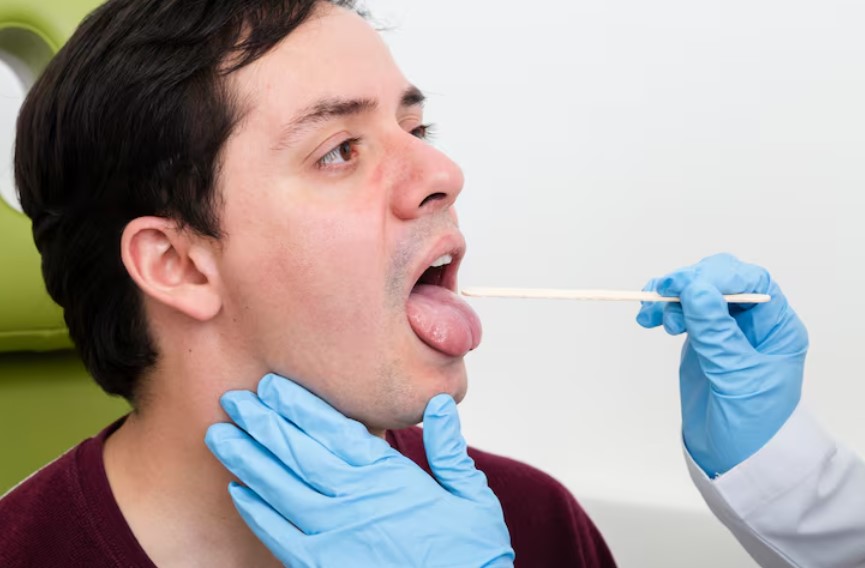21
Aug 2025
Sydney Clinic Launches Australia’s First Saliva-Based Nicotine Test
Published in News on August 21, 2025

Dr Renee Bittoun, who established the clinic, conceptualised the “graded nicotine test,” which is currently being manufactured overseas. She emphasises that while vaping has surged—especially among younger individuals—the risks remain poorly understood. "When you inhale smoke or vape, it’s hardly harmless; it almost always contains nicotine,” she warns, noting a noticeable rise in emergency department visits by young people suffering from vascular abnormalities tied to high nicotine exposure.
Professor Bittoun expresses concern that the widespread use of vapes may be jeopardising Australia’s historically successful efforts in tobacco control, a cause she has championed since the 1970s. Alarming, she continues, “I treat teenagers now so addicted they’ve been expelled from school—or have quit entirely just to vape more. Some begin vaping the moment they wake up.”
She hopes that making nicotine exposure visible via test results will serve as a wake-up call. For those ready to quit vaping, the clinic offers practical, evidence-based strategies:
- Take a quick burst of exercise whenever the urge hits.
- Suck on a jellybean or candy after meals.
- Use diversional tools like fidget spinners.
- Limit caffeine and alcohol, as they can trigger vaping cravings.
- Establish a vape-free home environment.
- Rely on support resources like Quitline or a vaping cessation specialist.
The clinic offers a comprehensive vaping cessation program tailored for individuals at any stage of addiction, regardless of age.
Hospital Accommodations in Sydney
If you or a loved one is heading to Sydney for medical treatment, here are several accommodation options near major hospitals:
- St Vincent’s Hospital Sydney offers basic shared accommodations with cooking and laundry facilities for patients, families, and carers. Linens are provided, and the cost is approximately AUD 30 per person per night.
- Hospital Stays provides comfortable and convenient short- or long-term accommodations near Sydney’s major hospitals. Their fully furnished apartments are designed for patients, carers, and visiting families, offering kitchen facilities, laundry, and easy access to medical centres. This service is particularly valuable for those travelling from interstate or overseas who require proximity to hospital care.
- New development nearby: A proposed $15.8 million mixed-use accommodation project in Camperdown aims to deliver 55 self-contained units—each complete with kitchen, bathroom, and laundry facilities—within walking distance of Royal Prince Alfred Hospital (RPAH). Designed with hospital workers, students, and medical professionals in mind, this development offers affordable, safe housing and is currently under City of Sydney Council review, with public exhibition closing June 10, 2025.
These options ensure that medical visitors and staff have practical, comfortable choices close to key Sydney hospitals.









